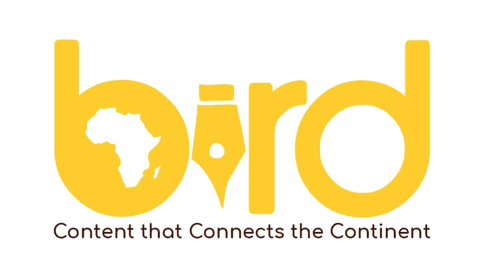Ghana ditches 5G spectrum auctioning for neutral shared infrastructure in its push for widespread adoption of superior internet speeds. Will other countries follow?

Seth Onyango, bird story agency
Ghana has adopted a novel 5G rollout strategy in Africa, choosing neutral shared infrastructure to ensure widespread internet access.
In hotspots such as busy cities, mobile network operators typically build their own infrastructure for their coverage, but this is costly and takes years to fully deploy.
With neutral hosting, according to Ghana's new model, operators share a single mast, owned and maintained by a third party (the "neutral host") instead of each operator building their own.
Telcos then only pay rent or purchase a lease from the owner to access the service, thus helping to democratise 5G deployment even for less deep-pocketed firms.
Ghana's communications minister, Ursula Owusu-Ekuful is upbeat that neutral 5G infrastructure will drive faster penetration of the wireless internet service.
Already, the ministry has approved a consortium for neutral shared infrastructure and greenlit two new submarine cables for affordable internet access.
"We'll be working with network operators and private investors to set up a 4G and 5G network as well, so we are not going to be auctioning 5G, we are giving it to these networks so that all operators can use it and extend it to about 80% of the population," Owusu-Ekuful said in a statement.
With the higher density of masts required for 5G network coverage, authorities in Ghana are convinced sharing is caring.
On its website, the communications ministry notes that during the 2015 spectrum auction for 4G, priced at a minimum of US$67.5 million, only MTN Ghana could afford it.
None of the other telcos entered the space due to the high spectrum cost, thus bolstering MTN Ghana's market dominance. In June 2020 the company was branded a significant market power (SMP) by Ghana's National Communications Authority. The designation signifies that one market player has over 40% market share and triggers a set of regulatory responses.
In 2021, MTN Ghana prepared over 1,300 cell sites for a 5G launch, expected for 2022. However, MTN Ghana CEO, Selorm Adadevoh, later pulled the company back from those commitments due to the government's refusal to grant a license because of the SMP status.
The neutral shared infrastructure model has been adopted in a handful of countries, the most notable being Malaysia, with Ivory Coast announcing it would follow suit.
Supporters say the model avoids the duplication of network assets and spectrum resources and promotes a more optimal use of the scarce and valuable spectrum.
Already, about 14 countries in Africa have deployed 5G services but Ghana lagged behind, due to MTN's SMP constraints.
The latest decision means that MTN, together with Vodafone Ghana and AirtelTigo, the nation's second and third-largest network operators, will now get the chance to deploy their 5G offerings.
According to Connecting Africa, the move will also allow Vodafone and Airtel Tigo to re-farm spectrum in the 900MHz, 1800MHz, and 2100MHz bands for 4G services.
In February this year, MTN said it would shell out US$1 billion in Ghana over five years, with MTN Group CEO, Ralph Mupita revealing most of the investment would target 5G.
For consumers, the shared infrastructure promises consistent and advanced internet connectivity irrespective of their service provider.
Telecom operators, meanwhile, will see reduced capital expenditure, which should allow them to focus more on service enhancement and customer experience.
bird story agency





